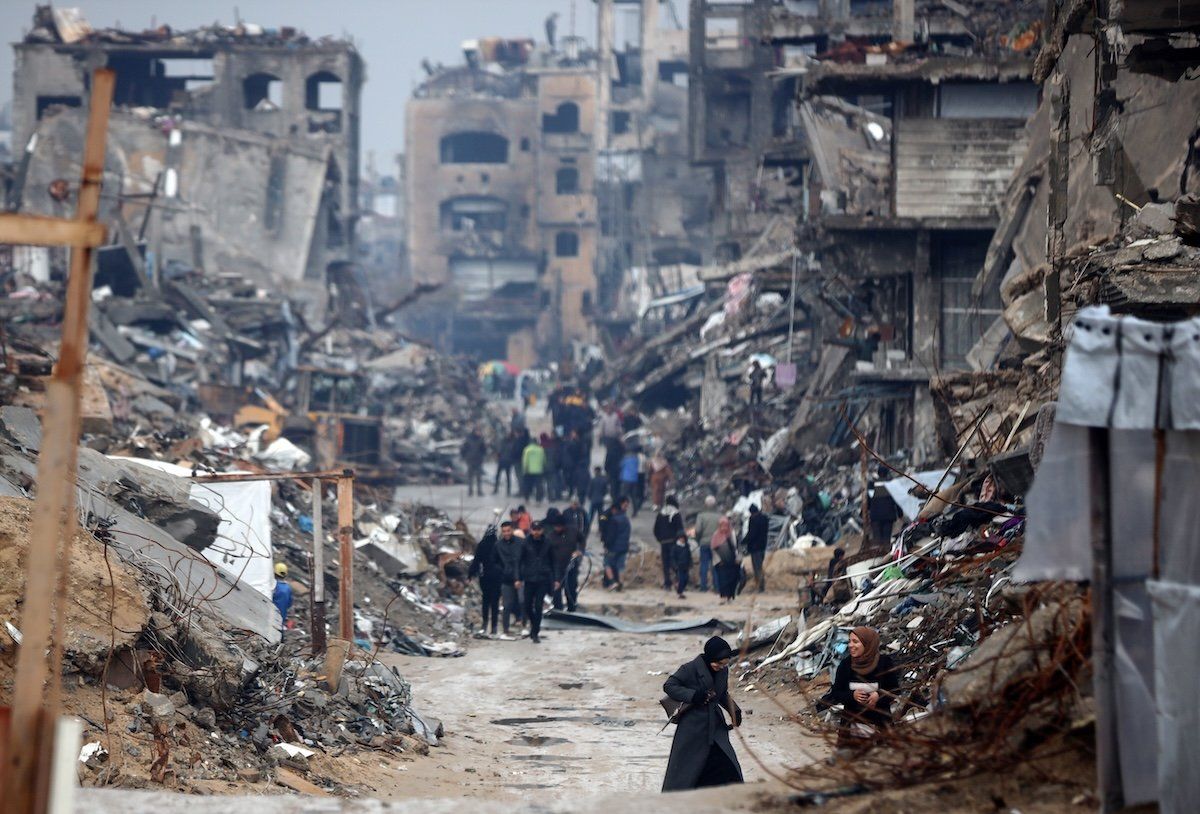Egyptian President Abdel-Fattah el-Sissi has reportedly signaled he will scrap an upcoming visit to the White House if President Donald Trump’s plan to expel Palestinians from Gaza and redevelop the enclave as a US-controlled “riviera” is on the agenda.
Trump wants to resettle Gaza’s roughly 2 million people in Arab countries, mainly Jordan and Egypt. Both countries have rejected this plan, which could destabilize their own societies, invite the risk of future Israeli strikes, and legitimize the ethnic cleansing and dispossession of the Palestinians.
Trump has threatened to cut off crucial US aid unless they comply. Cairo and Amman each receive about $1.5 billion annually in military and other aid from Washington. Egypt alone has received more than $80 billion in US military and economic aid since the late 1970s, in exchange for making peace with Israel.
On Tuesday, Jordanian King Abdullah II was visibly uncomfortable during a White House visit, where he offered to accept 2,000 sick Palestinian children but punted on the broader plan.
Egypt insists that Gaza be reconstructed for the Palestinians. A five-way Arab summit including Egypt, Jordan, Saudi Arabia, the UAE, and Qatar is set for the end of this month.
El-Sissi’s move raises the stakes considerably, as it directly defies Trump, who earlier said of Arab refusal to accept Palestinians: “They say they won’t accept, I say they will.”
Meanwhile, Saudi puts Bibi on blast. The kingdom’s state-overseen media launched an uncharacteristically furious attack on Israeli PM Benjamin Netanyahu, reflecting broader Arab anger at Trump’s plan, which Netanyahu supports.
Saudi Arabia has for years been exploring a US-brokered normalization deal that would entail formal recognition of Israel in exchange for US security guarantees. But Riyadh’s one stipulation has been that Israel must take irreversible steps toward creating a Palestinian state. Trump’s “riviera” plan for Gaza is, to say the least, not that.
